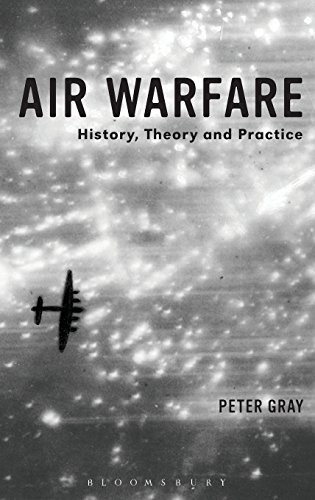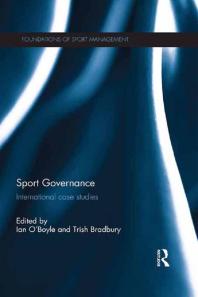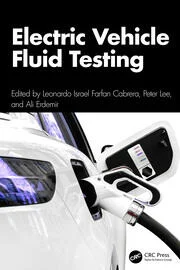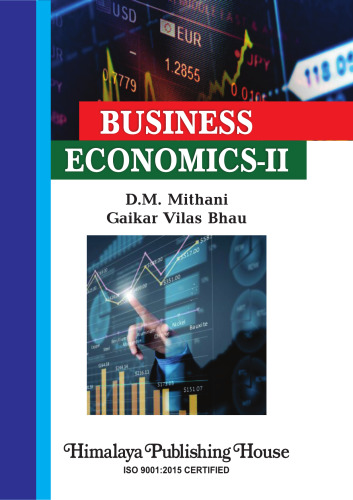Air power is the most difficult of military force to measure or even express in precise terms. The problem is compounded by the fact that aviation tends to attract adventurous souls, physically adept, mentally alert and pragmatically rather than philosophically inclined. WINSTON CHURCHILL1 In this, much used, quotation, Churchill identified a number of paradoxes about the use of air power and the romance of air warfare. As a new form of warfare in the twentieth century, it consistently offered great promise. Arguably, it still does. Mastery of the third dimension, through the atmosphere and into space, facilitates attack at long range, information gathering, information transmission and an almost instant advantage over foes constrained to a two-dimensional battlefield. This mastery would obviously have to be fought for, and then maintained, as had also been stated by Churchill elsewhere. But the battles in the sky, from the earliest days of air combat, brought with them a degree of romance, chivalry and excitement in marked contrast to the popular portrayals of the gloom of the trenches. The new breed of aerial warriors had to be adventurous given the nature of the early machines; the descriptors physically adept, pragmatic and mentally alert also were very apt. Churchill, of course, understood this from his early attempts to learn to fly himself.2 Although Churchill was not successful in his quest, those that did conquer the air were happy to assume the heroic mantle.3 Churchill was again instrumental in maintaining this image with his famous speech on ‘the Few
چکیده فارسی
اندازه گیری یا حتی بیان دقیق قدرت هوایی دشوارترین نیروی نظامی است. این مشکل با این واقعیت تشدید میشود که هوانوردی تمایل دارد روحهای ماجراجو، از نظر جسمی ماهر، هوشیار ذهنی و عملگرایانه را جذب کند تا تمایلات فلسفی. وینستون چرچیل 1 در این نقل قول که بسیار مورد استفاده قرار می گیرد، چرچیل تعدادی تناقض در مورد استفاده از نیروی هوایی و عاشقانه جنگ هوایی شناسایی کرد. بهعنوان شکل جدیدی از جنگ در قرن بیستم، همواره نویدهای بزرگی را ارائه میکرد. مسلماً هنوز هم همینطور است. تسلط بر بعد سوم، از طریق جو و فضا، حمله در برد طولانی، جمع آوری اطلاعات، انتقال اطلاعات و برتری تقریباً فوری نسبت به دشمنان محدود به یک میدان نبرد دو بعدی را تسهیل می کند. بدیهی است که باید برای این تسلط مبارزه کرد، و سپس حفظ کرد، همانطور که چرچیل نیز در جاهای دیگر بیان کرده است. اما نبردها در آسمان، از همان روزهای اولیه نبرد هوایی، درجهای از عاشقانه، جوانمردی و هیجان را با خود به ارمغان آوردند که در تضاد با تصویرهای رایج از تاریکی سنگرها بود. نژاد جدید جنگجویان هوایی با توجه به ماهیت ماشین های اولیه باید ماجراجویانه باشد. توصیفگرها از نظر فیزیکی ماهر، عملگرا و هوشیار ذهنی نیز بسیار مناسب بودند. البته چرچیل این را از اولین تلاشهایش برای یادگیری پرواز خود فهمید. (2) اگرچه چرچیل در جستجوی خود موفق نبود، کسانی که هوا را فتح کردند، خوشحال بودند که ردای قهرمانی را به خود گرفتند. چرچیل دوباره در حفظ این تصویر نقش داشت. با سخنرانی معروفش در مورد «تعدادی
».
ادامه ...
بستن ...








![Our mission to the court of Marocco [Morocco] in 1880, under Sir John Drummond Hay - pdf Our mission to the court of Marocco [Morocco] in 1880, under Sir John Drummond Hay - pdf](https://dl.libsan.ir/images/1/12/112108724_694b9e9769312.jpg)

